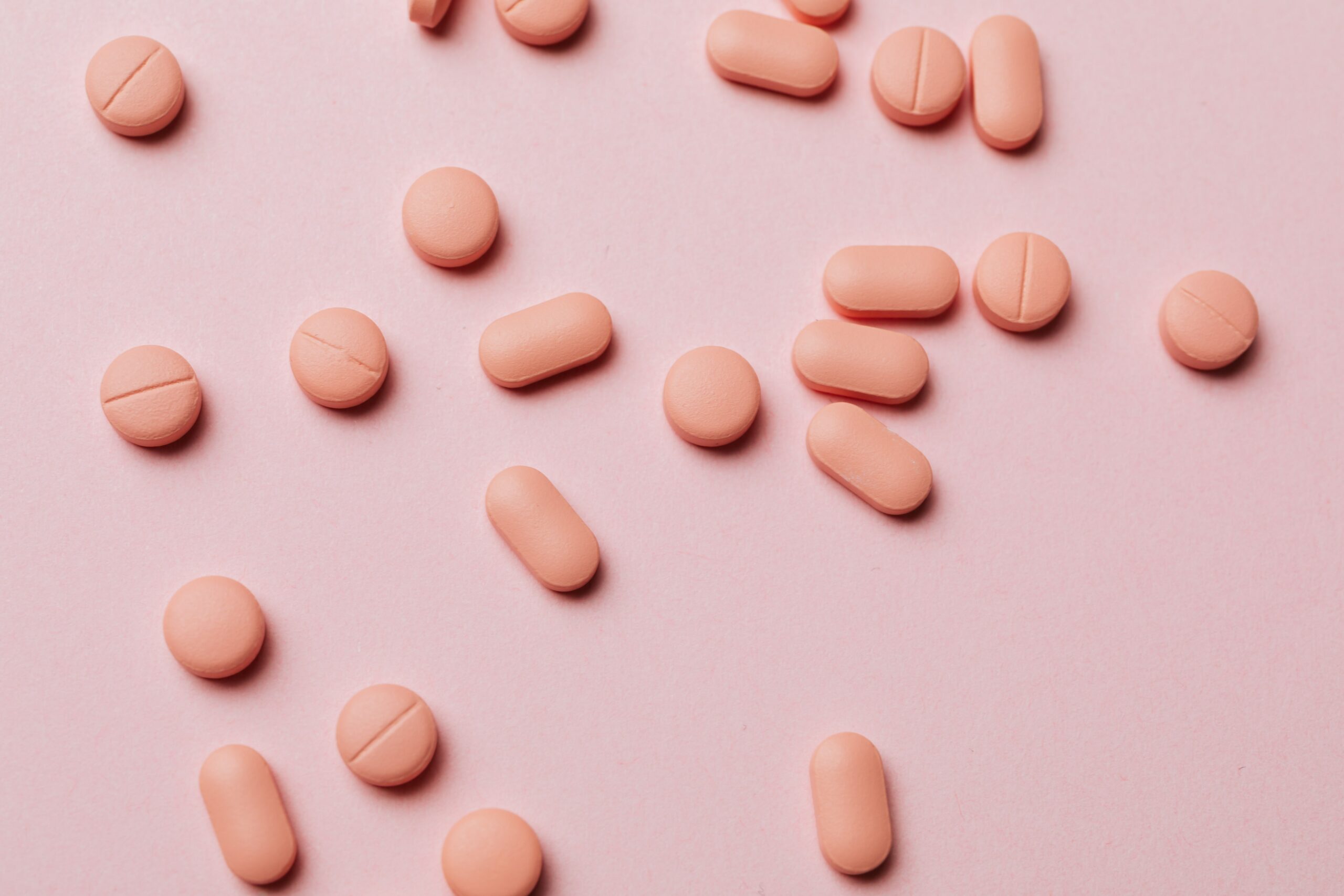L-arginine is one of the 20 amino acids that make up our proteins. These same amino acids fall into different categories, described as essential and non-essential. The body synthesises the non-essential amino acids. Our daily diet provides us with the essential amino acids.
What is L-arginine?
L-arginine is a semi-essential amino acid. This means that it becomes essential under certain conditions: following trauma, during serious illnesses, during pregnancy, etc. Arginine is a precursor of nitric oxide: a molecule that is involved in various processes and functions in the body. For example, energy production, communication between cells and regulation of blood flow. In addition, arginine acts as a precursor for other amino acids such as proline or creatine: Its action on the functioning of the immune system is essential! This is why it is necessary to regularly supply the body with arginine, either through the diet or by means of food supplements. Indeed, a deficiency in this amino acid could lead to disturbances in the functioning of the cells as well as health problems.
Where does arginine come from?
Arginine is produced in different ways: It can be produced by dietary protein intake, or it can be synthesised from the amino acid citrulline (through the breakdown of body proteins). Dairy products, oilseeds, soya, meat, fish and poultry, because of their high protein content, contain a high concentration of arginine. It should be noted that the average intake of arginine from a food source is 4 to 6 grams per day.
Supplements and their effects on the body
Nowadays, arginine can be found in various forms. In the form of powder, liquid, capsules and tablets in many pharmacies. Laboratories such as Solgar or NHCO offer high-quality arginine products. In fact, these food supplements are consumed regularly by a large number of people. In particular sportsmen and women as well as people with high blood pressure.
The effect of arginine on diabetes
Studies show that L-arginine can help people with diabetes: It optimises glucose metabolism and improves insulin sensitivity. As seen above, arginine is essential for the production of nitric oxide. In fact, it plays an important role in the functioning of the body. Both at the cellular level and in the way the body reacts to insulin. Remember that insulin is a hormone that allows sugar to pass from the blood into the cells. Therefore, increasing the availability ofnitric oxide may play a role in improving the function of the cells that secrete insulin. As a result, the body will be able to use the sugar in the blood more efficiently. Studies have shown that taking L-arginine supplements can prevent diabetes in people at risk.
Its effect on the beauty of the skin
Arginine is naturally present in the body. Moreover, it is essential for its development. This is why it is used as a skin care ingredient. It has antioxidant properties and also plays a role in the repair of the skin barrier. Finally, arginine is used in anti-ageing products because of its potential to increase collagen production. When it is metabolised into urea and ornithine by the enzyme arginase-1, it generates L-proline: L-proline is an amino acid that plays an essential role in collagen synthesis. In addition, collagen improves firmness and reduces the signs of skin ageing. Sources https://pubmed.ncbi.nlm.nih.gov/28388380/ https://pubmed.ncbi.nlm.nih.gov/28388380/ https://www.ncbi.nlm.nih.gov/pmc/articles/PMC5021928/ https://www.ncbi.nlm.nih.gov/pmc/articles/PMC5021928/





